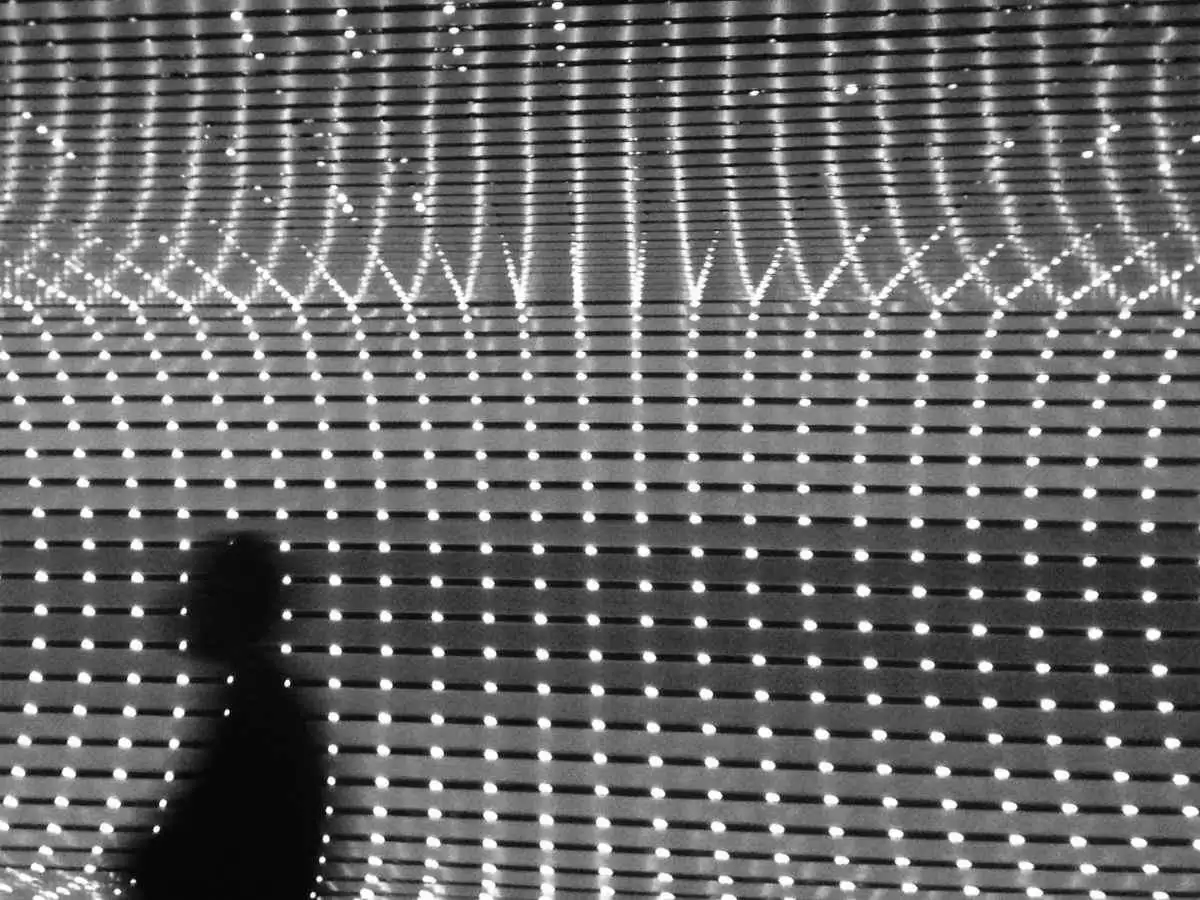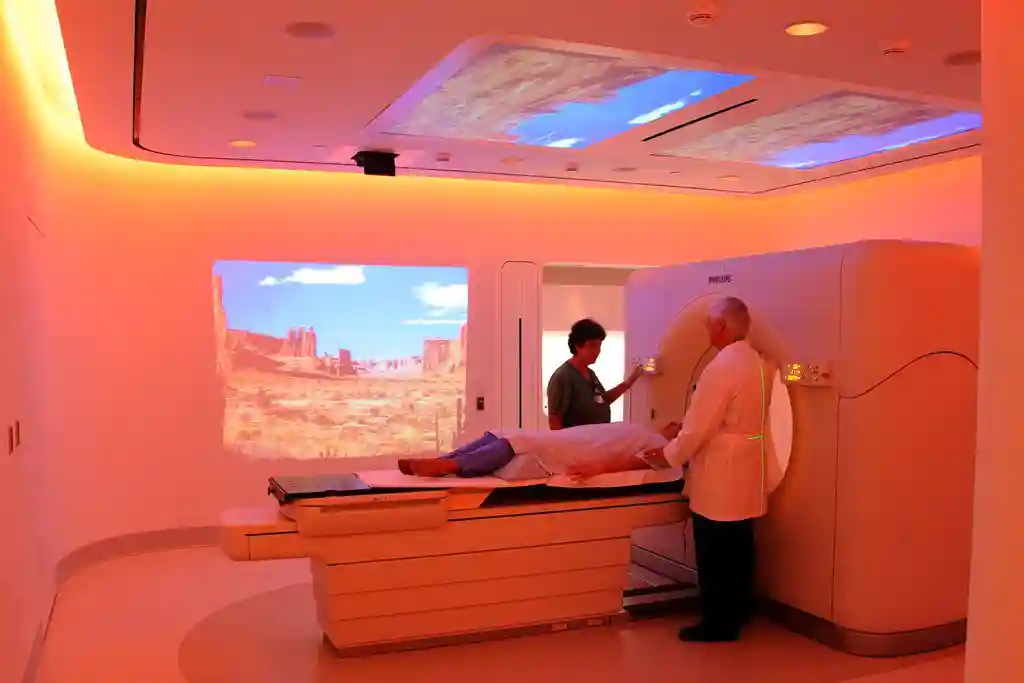Celiac.com 11/25/2024 - The relationship between intestinal diseases and anal diseases has long been observed in clinical settings. Many patients with intestinal diseases, such as Crohn's disease or ulcerative colitis, also suffer from anal complications like hemorrhoids or fissures. However, the exact causal connection between these conditions is still unclear, due to limitations in previous observational studies. This study sought to clarify these relationships using Mendelian randomization, a method that uses genetic data to help determine causal effects and reduce bias caused by other variables.
Methodology and Data Collection
In order to explore the link between different types of intestinal diseases and anal diseases, researchers used genome-wide association study data. Seven types of intestinal diseases were examined, including inflammatory bowel disease, Crohn's disease, ulcerative colitis, irritable bowel syndrome, colorectal cancer, celiac disease, and constipation. Five types of anal diseases were also investigated: anorectal abscess, hemorrhoidal disease, fissures and fistulas of the anal and rectal regions, benign neoplasm of the anus, and malignant neoplasm of the anus.
Celiac.com Sponsor (A12):
Using the Mendelian randomization technique, genetic variations were analyzed to determine whether these intestinal diseases have a direct influence on the development of anal diseases. This approach allowed researchers to control for confounding factors and focus on potential causal relationships.
Key Findings
The results of the analysis showed a significant link between several intestinal diseases and anal conditions. Inflammatory bowel disease, Crohn's disease, and ulcerative colitis were all found to increase the risk of three anal conditions: anorectal abscess, fissures and fistulas, and hemorrhoidal disease. These findings reinforce what has been noted in clinical practice—patients with these chronic inflammatory bowel conditions often experience anal complications.
For celiac disease, the study identified a significant association with an increased risk of malignant neoplasm of the anus, a rare but serious form of anal cancer. This suggests that people with celiac disease may need to be more vigilant about monitoring for anal cancers.
Other interesting findings include a potential link between irritable bowel syndrome and hemorrhoidal disease, and between colorectal cancer and benign neoplasm of the anus. While these associations need further exploration, they provide new avenues for research and clinical attention.
Implications for Celiac Disease
The link between celiac disease and anal cancer is particularly noteworthy. Celiac disease is characterized by an autoimmune response to gluten, which can lead to chronic inflammation in the gut. This chronic inflammation could contribute to the development of cancerous conditions, including in areas beyond the intestines, such as the anal canal. While more research is needed to fully understand the connection, this study highlights the importance of regular monitoring and early detection efforts for patients with celiac disease, especially concerning malignancies.
Conclusion
This study is significant in that it provides robust evidence supporting the causal relationship between certain intestinal and anal diseases. The use of Mendelian randomization strengthens the findings by reducing potential biases that have complicated earlier studies. For patients with celiac disease, Crohn's disease, ulcerative colitis, or other intestinal conditions, these findings emphasize the need for regular screening for anal diseases. The ability to understand these risks better may lead to improved prevention strategies and tailored medical advice for individuals with these chronic conditions.
Read more at: nature.com










Recommended Comments
Create an account or sign in to comment
You need to be a member in order to leave a comment
Create an account
Sign up for a new account in our community. It's easy!
Register a new accountSign in
Already have an account? Sign in here.
Sign In Now